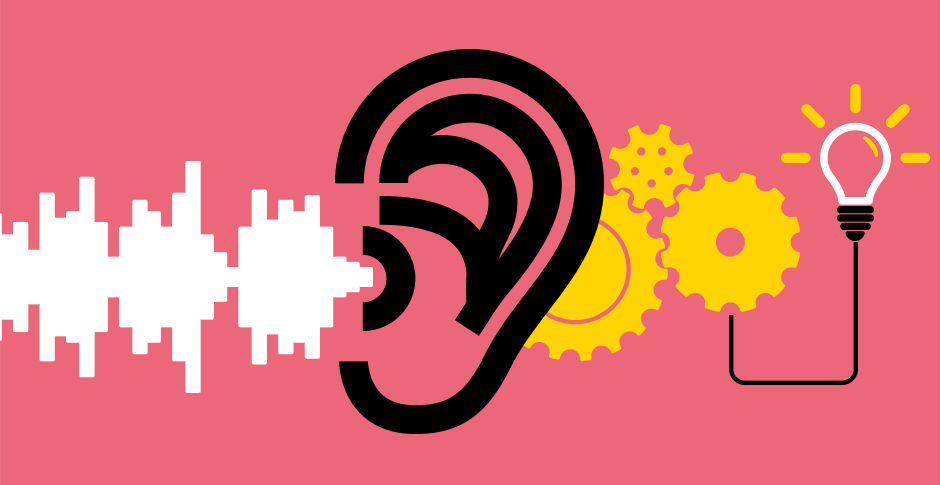We’ve all come across instances where our friends would come to us to rant and vent about whatever issues they’re facing. Whether they’re experiencing a break-up, complaining about their terrible teacher at school, or feeling overwhelmed with their work, there are always going to be situations where our friends will resort to us for some comfort.
I’ve personally been that crying shoulder, someone who is always there for their friends to be open to listening and to always give advice. It was not until one of my counselling classes that I’ve realized my approaches to helping my friends were by no means effective and in some cases, they were actually more detrimental.
Think about the times where you’ve tried to be a supportive friend. What were some of the things you said and how did your friend react to them? An example of one of the detrimental things I’ve said before would be, “it’s okay, you’re not actually scared.” As harmless as this statement sounds, the phrase “it’s okay” serves as a means of invalidating feelings, implying that what they’re saying is not important and inadvertently dismisses what they’re trying to convey to you. Furthermore, “you’re not actually scared,” was my assumption of my friend’s feelings, putting aside their actual feelings. I initially thought I was doing them a favour by instilling confidence in them, but instead, “helpful” phrases like this are by no means constructive. They rather pull the person down. On top of that, giving advice isn’t actually as useful as they seem. Therapists and counsellors alike are trained not to give advice but rather to help clients explore their feelings and aid them in finding their own ways to tackle their problems. Much like during the case where a friend is ranting. Maybe try to avoid giving advice but rather have open arms and just be there to listen and apply active listening skills.
So how do we become the best versions of the crying shoulder our friends need during hard times? It is beyond important to always exercise active listening skills. Some active listening skills include attending, silence, paraphrasing, summarizing, and questioning.
- Attending is where the listener communicates with whomever their talking to that they are physically and psychologically interested in the conversation that is happening. Some examples of this include, nodding, giving prompts such as “mhmm”, making eye contact, and leaning forward.
- Silence. Silence is such an awkward force during the middle of conversations but it can actually be a powerful force in allowing someone to think and respond. By utilizing silence, allows the person to process their thoughts and prompts them to explore more about what they want to say.
- Paraphrasing and summarizing are good tools to display that you are thoroughly listening to someone. It identifies common themes and helps clarify any content that may seem vague or ambiguous.
- And lastly, questioning. The most obvious but also an essential skill to use when conversing with someone who is ranting to you. Questioning allows you to probe for more information (when used appropriately). Furthermore, it provides the venter to talk more about their stories and this skill is often therapeutic.
Through utilizing these active listening skills, you are set with being the best “crying shoulder” to your friends. Of course, the act of listening itself is the most important during these cases but utilizing these skills allows you to play an active role in ensuring that your friend is heard and comforted. You are by no means a therapist but you may be the best listener and friend through utilizing these active listening skills.
Disclaimer:
Note: The Free Your Mind Mental Health Society is an independent youth-led organization. The contents of this blog are not intended to be a substitute for professional medical advice, diagnosis, or treatment. Always seek the advice of your physician or another qualified health provider with any questions you may have regarding a medical condition. In the event of a medical emergency, please call your doctor or 911 or other local emergency numbers immediately.
Citations:
How to strengthen effective and active listening skills? (2019, July 18). https://lifeskills.ge/portfolio-items/how-to-strengthen-effective-and-active-listening-skills/.
Shebib, B. (2003). Choices: Interviewing and counselling skills for Canadians. North York, Ontario: Pearson.

